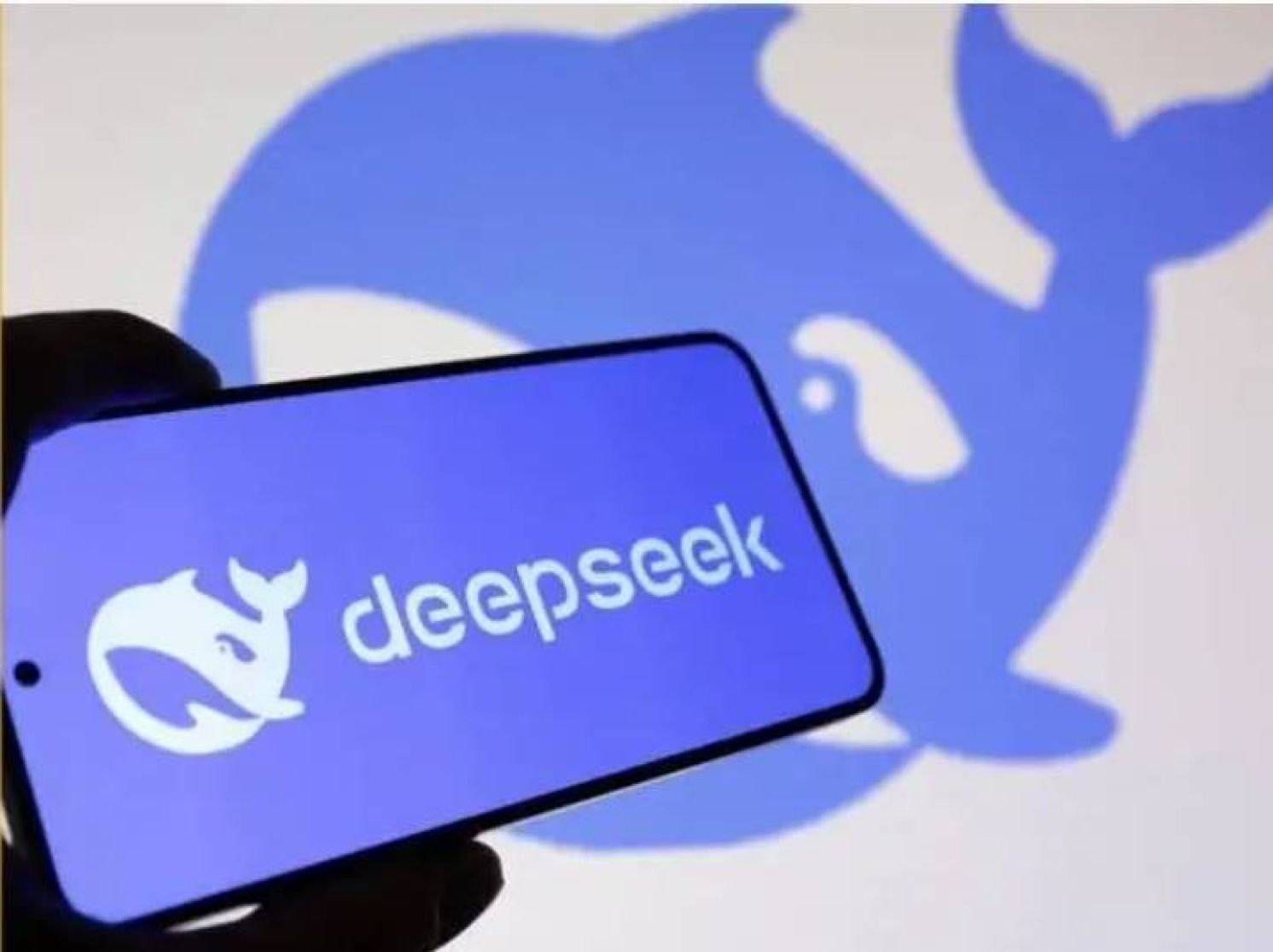
Caught in Infighting—Taiwan Risks Losing the Digital Revolution
United Daily News Editorial, February 6, 2025
The heated debate over DeepSeek shows no signs of abating. Pro-independence factions supporting the Democratic Progressive Party (DPP) are busy nitpicking, criticizing it for being subject to ideological censorship and questioning the accuracy of its low-cost claims. While this pursuit of truth is admirable, it also raises eyebrows, given that these same groups were recently spreading massive amounts of government propaganda and misinformation. Meanwhile, the ruling administration is seizing the opportunity for internal political messaging, claiming that budget cuts are hindering AI development—yet without providing concrete evidence of any delayed projects. In contrast, other countries are investigating China's progress in AI technology, while the administration of President Lai Ching-te seems more concerned about using AI for propaganda and political infighting.
The dominance of politics over science has long been an issue in Taiwan. While Western countries are seriously assessing DeepSeek's impact on research, markets, and national security, Taiwan’s government resorts to outright denial and bans. Faced with a new wave of digital revolution challenges, the administration's response has been to shift blame to political opponents, rather than addressing the real threats at hand. Former Minister of Digital Affairs Audrey Tang boasted about how she bypassed DeepSeek's filters to make it discuss the Tiananmen Square Incident—a trivial technical feat she oddly felt worth showcasing. However, where is Taiwan's homegrown AI initiative under her leadership? The Lai administration’s politically driven decision to ban DeepSeek conveniently sidesteps Taiwan's lack of a long-term strategy for developing its own generative AI capabilities.
Unlike traditional AI, which excels at data analysis, generative AI can understand and mimic human creativity. Large Language Models (LLMs) play a crucial role in this area, offering powerful, versatile functionality that is revolutionizing human-machine interaction and boosting productivity. Both DeepSeek and ChatGPT are examples of LLMs. In recent years, both Academia Sinica and the private sector in Taiwan have attempted to develop similar tools using ChatGPT, yet they have faced a critical challenge: a severe shortage of traditional Chinese data, which hampers broader adoption and application.
Two years ago, Academia Sinica released a traditional Chinese version of an LLM. However, during public testing, users found the system frequently used mainland Chinese terms and perspectives, such as referring to "our national leader as Xi Jinping" or claiming to be "developed by Fudan University's Natural Language Processing Laboratory and Shanghai AI Lab." This sparked controversy, leading to the model being taken offline within four days. Provost Richie Tsai of the Taiwan AI Academy, pointed out that locally relevant data accounts for less than 0.1 percent of the global digital content. Even if models are fine-tuned with local data, the insufficient quantity and scope make it nearly impossible to prevent models from producing content that reflects non-Taiwanese viewpoints.
While simplified Chinese data is abundant and can be converted to traditional Chinese, many important and authoritative sources in Taiwan remain locked in private archives, hindered by copyright issues and insufficient digitization. Expanding a traditional Chinese corpus that represents local perspectives will require government intervention through policies and legal frameworks. Unfortunately, even the National Science and Technology Council’s TAIDE LLM initiative has struggled to find effective solutions.
Despite government propaganda campaigns claiming to "showcase Taiwan to the world," these efforts often amount to domestic brainwashing. Taiwan's contribution to the digital world’s traditional Chinese data is becoming increasingly marginalized. Research teams, lacking robust traditional Chinese language resources, are heavily reliant on publicly available internet data. Ironically, the government has long misused public funds to create misinformation, compromising the data's credibility. When pro-DPP factions mock DeepSeek for being subject to Chinese "thought control," they should not forget that the DPP administration has engaged in similar tactics by distorting historical and cultural narratives. Textbook content has been "de-Sinicized" under DPP rule. If these contested perspectives become the foundation for future Taiwan-based generative AI tools, how reliable will such models be?
NVIDIA CEO Jensen Huang has been a strong advocate for "sovereign AI," a concept that the Lai administration eagerly embraces by touting Taiwan's AI supply chain as a symbol of this sovereignty. However, Taiwan's infrastructure remains underdeveloped, with computing capacity barely one-third that of South Korea's, compounded by persistent energy supply issues. The real question raised by DeepSeek’s emergence is not about political censorship but whether Taiwan can break free from its computational and ideological constraints to pursue autonomous AI development with long-term, politically unbiased commitment.
While Taiwan can leverage advanced American AI tools, relying on foreign core technology limits opportunities for domestic innovation in end-user applications. Taiwan risks repeating the mistakes of the mobile internet era, where it remained a user rather than a competitor in the global platform economy. If Taiwan loses this race again, the stakes will be much higher than simply which apps it can use—it risks becoming a digital backwater.